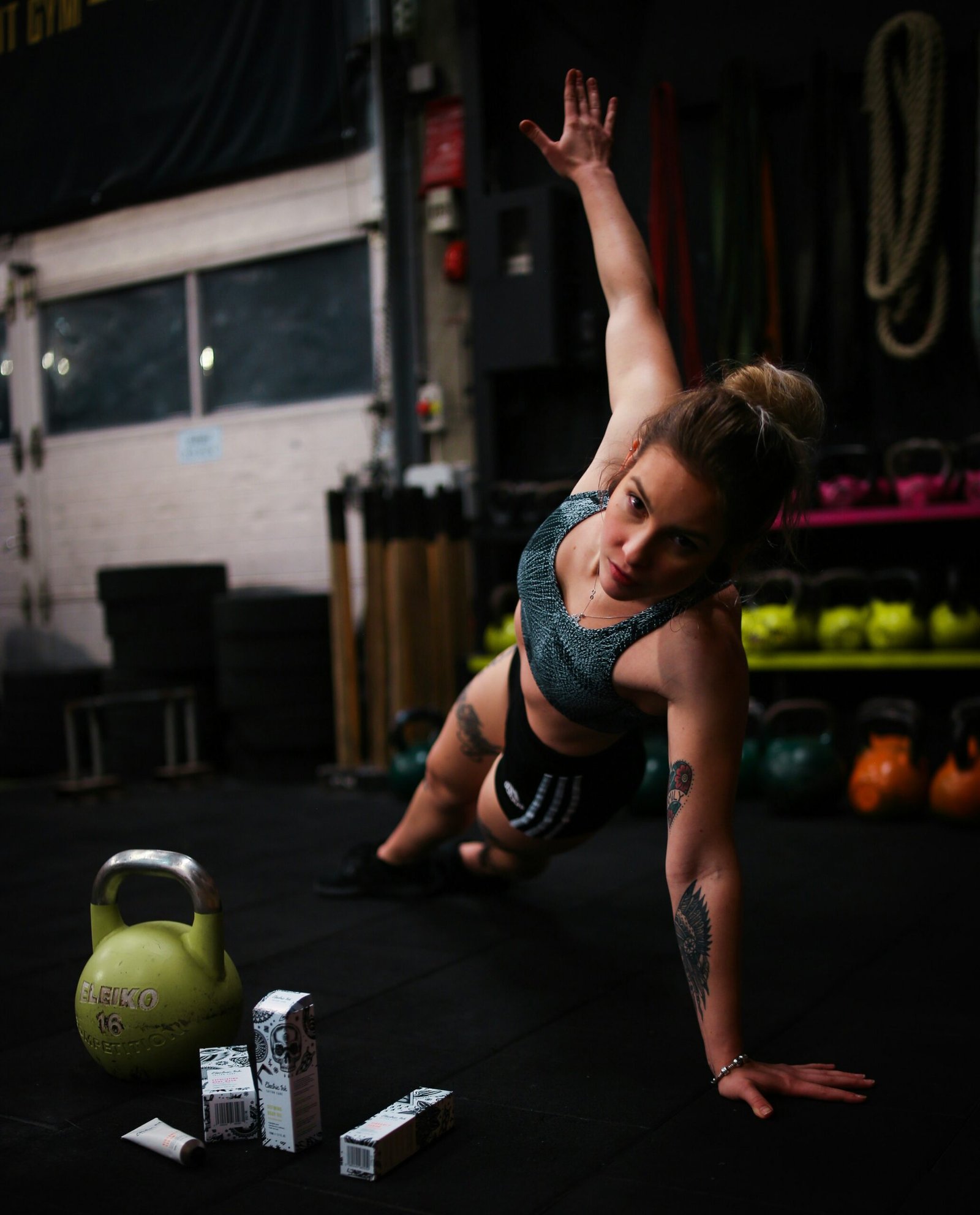In today’s fast-paced world, where schedules are hectic and demands are high, prioritizing health and fitness often takes a back seat. However, the journey to being “Fit for Life” goes beyond mere physical appearance; it encompasses a holistic approach to well-being.
I. Introduction
A. Importance of Health and Fitness
Living a sedentary lifestyle can have detrimental effects on both physical and mental health. Recognizing the significance of maintaining a healthy lifestyle is the first step towards embracing the ultimate health and fitness experience.
B. The Concept of Being “Fit for Life”
Being “Fit for Life” is not about temporary fixes or crash diets. It’s a sustainable approach that integrates physical activity, nutrition, mental well-being, and the development of healthy habits into daily life.
II. The Physical Component
A. Exercise Regimens for Optimal Fitness
1. Cardiovascular Workouts
Engaging in activities that elevate the heart rate, such as running, cycling, or swimming, promotes cardiovascular health and endurance.
2. Strength Training
Building muscle not only enhances physical strength but also boosts metabolism, contributing to overall fitness.
3. Flexibility and Mobility Exercises
Incorporating stretches and exercises that improve flexibility and mobility reduces the risk of injuries and enhances overall well-being.
B. Nutrition for a Healthy Lifestyle
1. Balanced Diet
Consuming a variety of nutrients through a balanced diet supports energy levels, immunity, and overall health.
2. Superfoods for Wellness
Including nutrient-dense superfoods like berries, leafy greens, and nuts provides additional health benefits.
3. Hydration Habits
Proper hydration is crucial for bodily functions, aiding digestion, circulation, and temperature regulation.
III. The Mental Aspect
A. Mind-Body Connection
1. Meditation and Mindfulness
Practicing mindfulness and meditation fosters a strong connection between mental and physical well-being.
2. Stress Management Techniques
Effectively managing stress through techniques like deep breathing and relaxation exercises contributes to a healthier lifestyle.
B. The Impact of Sleep on Fitness
1. Importance of Quality Sleep
Adequate and restful sleep is essential for muscle recovery, cognitive function, and overall vitality.
2. Establishing a Sleep Routine
Creating a consistent sleep schedule promotes better sleep quality, positively influencing overall health.
IV. Building Sustainable Habits
A. Setting Realistic Goals
Establishing achievable fitness goals ensures a sense of accomplishment and motivates continued progress.
B. Incorporating Fitness into Daily Life
Finding ways to integrate physical activity into daily routines makes it more sustainable and enjoyable.
C. Social Support and Accountability
Having a support system and being accountable to others enhances commitment to fitness goals.
V. The Ultimate Health and Fitness Experience
A. Holistic Wellness Approach
Embracing health and fitness as a holistic journey addresses both physical and mental well-being.
B. Finding Joy in the Journey
Cultivating a positive mindset and finding joy in the process fosters a sustainable commitment to fitness.
C. Celebrating Milestones
Acknowledging and celebrating achievements, no matter how small, reinforces the motivation to continue the health and fitness journey.
VI. Conclusion
A. Summary of Key Points
Being “Fit for Life” involves a comprehensive approach that includes physical fitness, nutrition, mental well-being, and sustainable habits.
B. Encouragement for Readers to Start Their Fitness Journey
Encouraging readers to take the first step toward a healthier lifestyle, emphasizing that small changes lead to significant results.
VII. FAQs
A. How often should I exercise for optimal results?
Providing guidance on the frequency of exercise based on individual goals and fitness levels.
B. Can I achieve fitness goals without a strict diet?
Highlighting the importance of balance and moderation in nutrition for sustainable fitness results.
C. What role does mental well-being play in overall health?
Exploring the interconnectedness of mental and physical health, emphasizing their mutual influence.
D. How can I make fitness a habit instead of a chore?
Offering practical tips on integrating fitness into daily routines and making it an enjoyable part of life.
E. Is it necessary to consult a professional before starting a fitness program?
Stressing the importance of seeking professional advice, especially for individuals with pre-existing health conditions.









